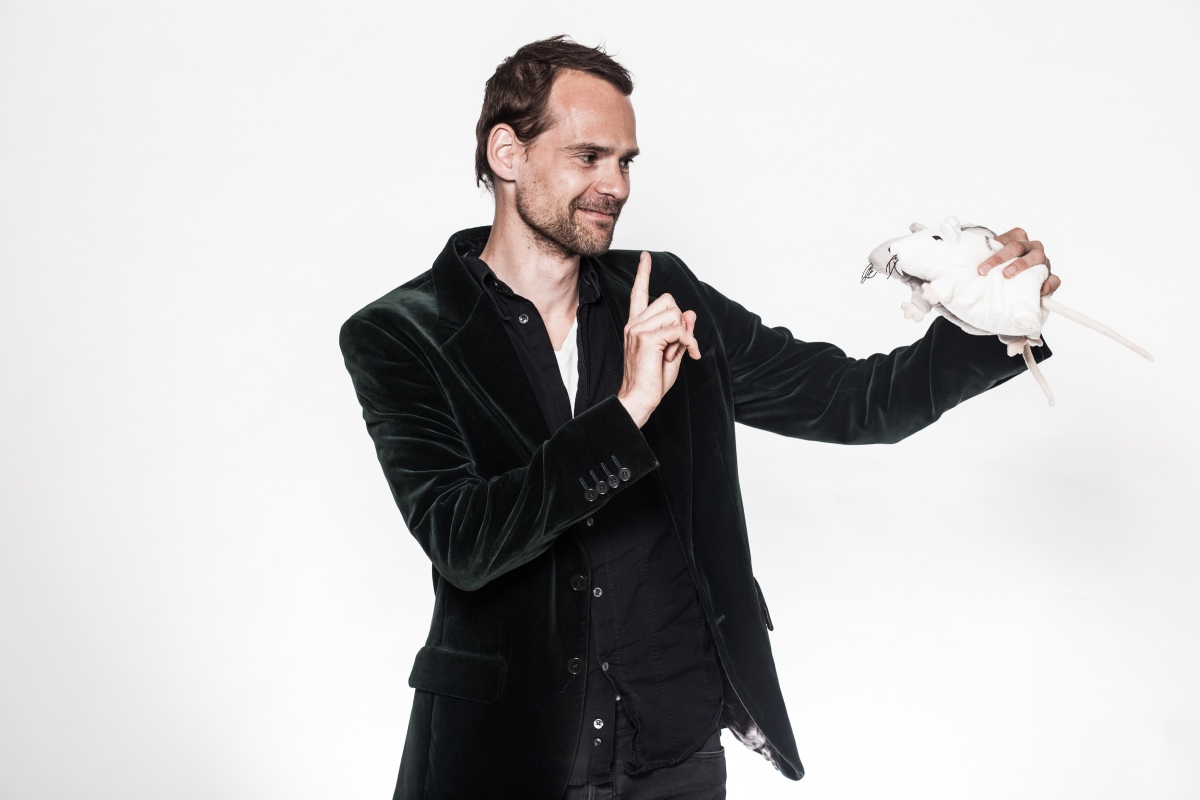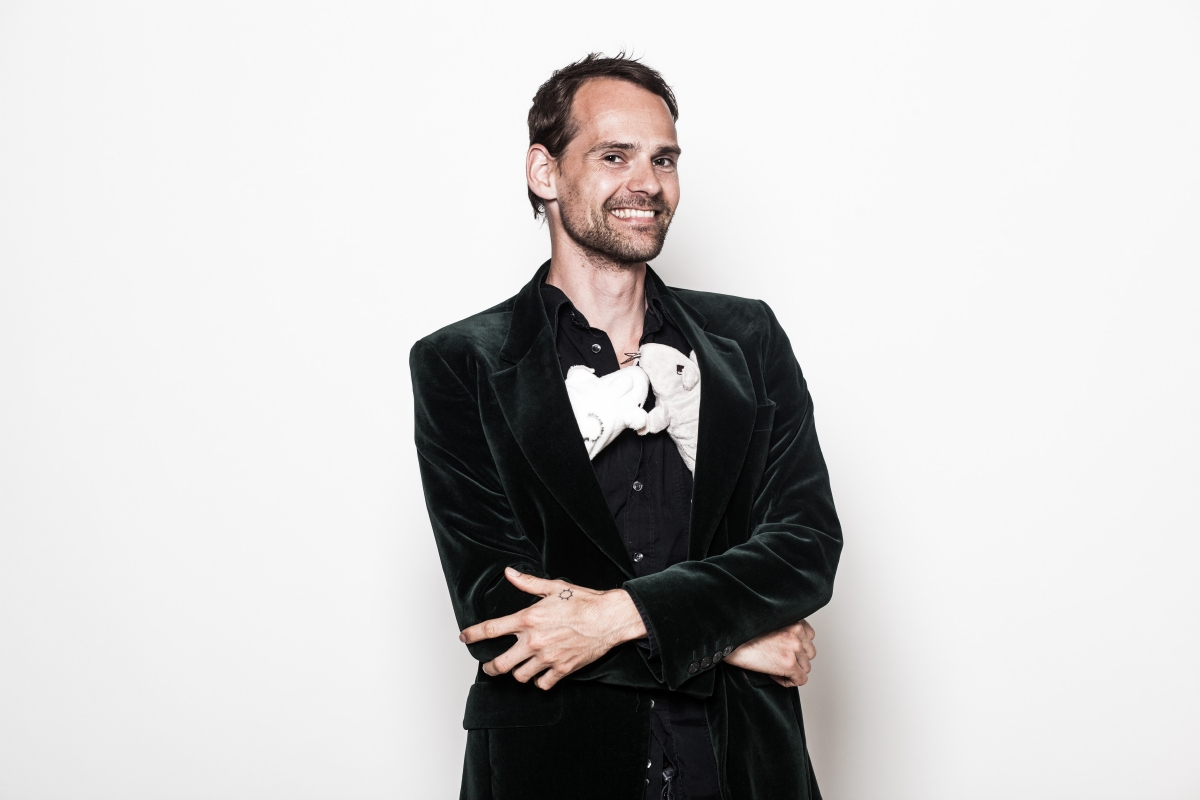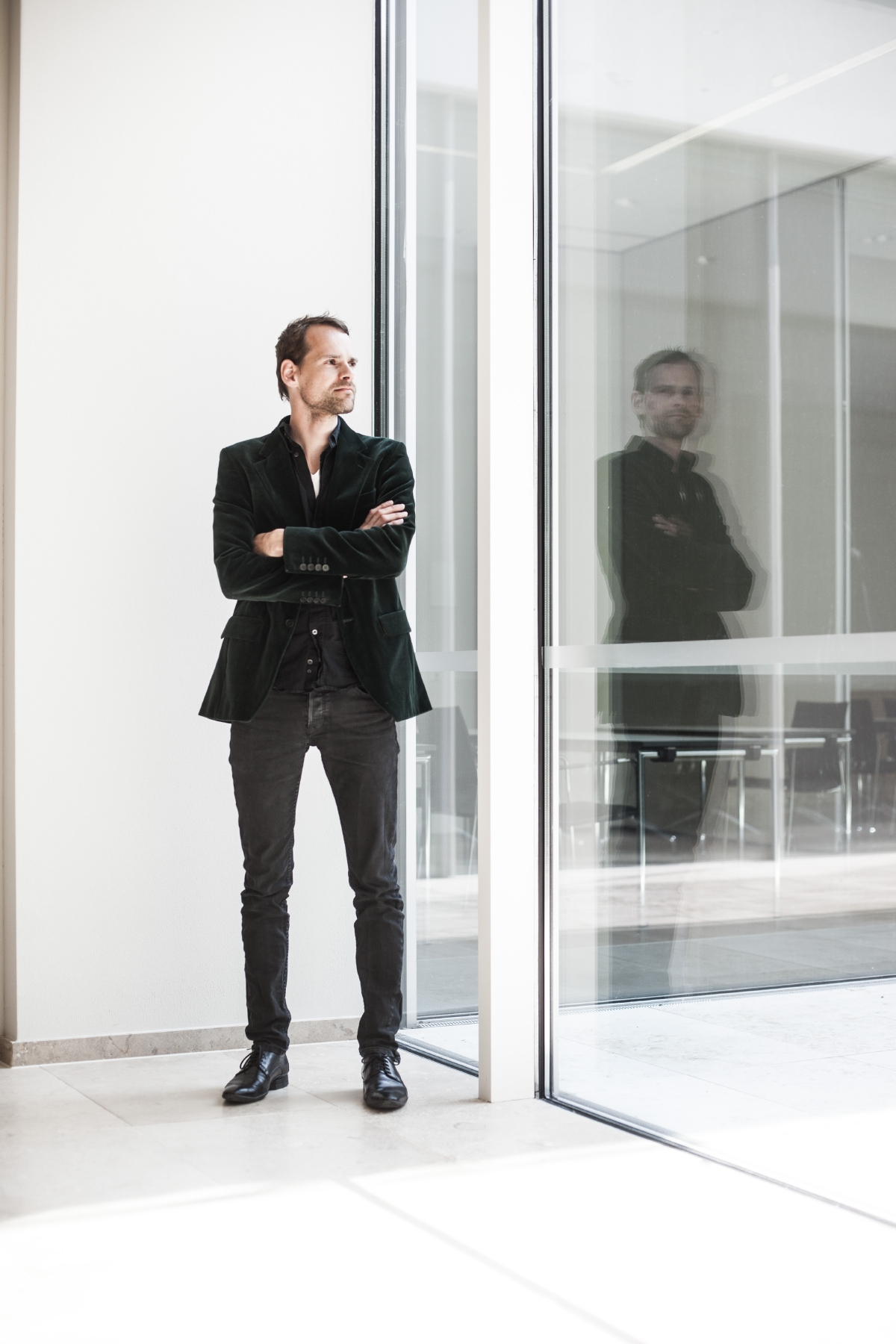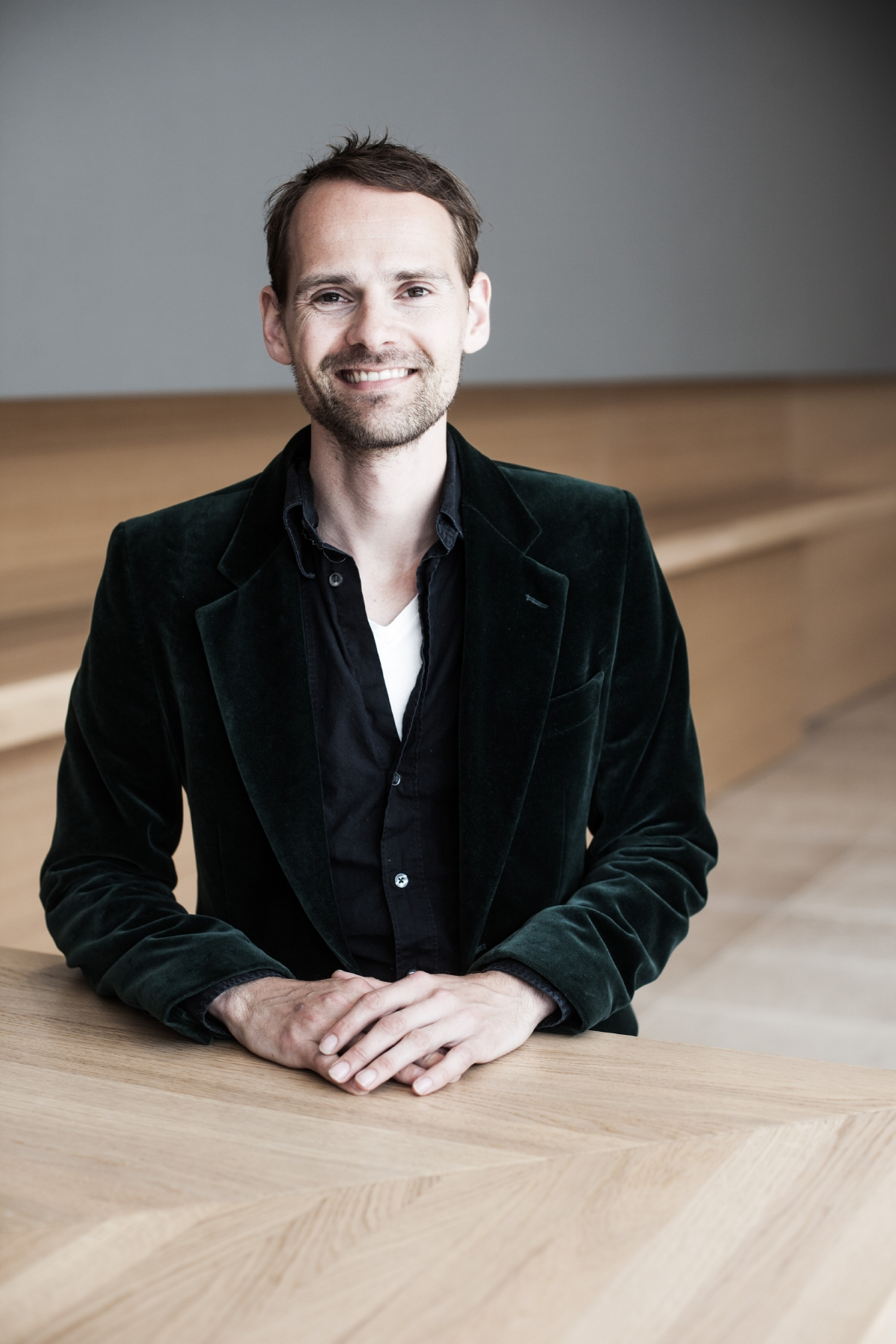Wie entsteht pro-soziales Verhalten?
Im Rahmen eines Freigeist-Fellowship untersucht Marijn van Wingerden von der Universität Düsseldorf die neuronale Basis sozialer Bewertung.
Menschen sind eine hochsoziale Spezies, die in der Lage ist, langfristige soziale Bindungen aufzubauen und zu pflegen. Uns ist wichtig, was anderen um uns herum passiert, selbst wenn ihr Schicksal uns nicht direkt betrifft. Dass auch Tiere wie Ratten das Wohlergehen anderer mit berücksichtigen, steht noch nicht lange im Fokus der Forschung.
Freigeist-Fellow Marijn van Wingerden von der Universität Düsseldorf, Arbeitsgruppe Vergleichende Psychologie, möchte in seinem Projekt "Die neuronale Basis sozialer Bewertung – das Zusammentreffen von Neurowissenschaften, Psychologie und Ökonomie" ("The Neural Basis of Social Valuation – the Confluence of Neuroscience, Psychology and Economics") nun herausfinden, wie die Nager den Nutzen sozialer Interaktionen verarbeiten. Mit einem interdisziplinären Ansatz will er Antworten auf die Frage finden, warum Ratten pro-soziale Entscheidungen treffen, und er möchte die neuronalen Grundlagen solcher sozialen Bewertungen ermitteln.

What do you find so fascinating about the decision-making process?
Well, I think that the process of decision making allows you to see cognition in action in the clearest way. While making decisions, you have to weigh up different options and think about yourself, about your motives and the consequences of your choices for the future. I think that decision-making is one of the most fundamental aspects of how we conduct our lives.
But decision-making is not always grounded on rational arguments, right?
Yes. There are many theories about nudging, which means that you try to influence people by presenting options in a slightly different way. And it is also assumed that about half of our decisions are based on habits. This suggests that, in our daily life, we don’t weigh up the options every time we encounter them, but we rely on what has worked in the past. There’s no longer room for flexibility.
What does your work focus on?
My questions involving decisions refer to the social domain. For example: We know a lot about how people make decisions for themselves in the sense that they weigh up the outcome for their own future. But the equation becomes quite different if another such as a partner, child, father, mother, friend or even a total stranger appears on the scene and this other is also affected by these decisions.
You are investigating social interaction in rodents. Are rats considered to be social animals?
Yes, I find them extremely social. You see, rats grow up in very big families of up to ten or sometimes even more. So they have to be social in order to integrate. And you can derive from their behavior that they make alliances and compete with brothers and sisters and – while growing up – are involved in "social play" where they investigate each other.
But why have you chosen to work with rats?
The advantage of working with rodents is that their brains are very similar to human brains, like a blueprint. That provides a good comparison method or model of how the human brain works. And furthermore, as I am interested in researching social behavior, rats also show a lot of social behavior that can be investigated.
What was the idea and how did you start?
My idea comes from an evolutionary puzzle. And the question that lies underneath is: “Why do we really care about what happens to other people?" Because caring for somebody does not really make sense from a rational or economic point of view. It costs resources such as time or money. But we know from evolutionary studies that cooperation and sharing actually produces fitness and evolutionary advantages in a group of individuals.
True.
We basically want to find out about the mechanism allowing such a cooperation to emerge. From an evolutionary point of view we know: What is beneficial for the individual, will eventually also be beneficial to the group. So consequently you could also derive that, if perceiving another's happiness in turn gives the cooperator joy, this will create a self-reinforcing cycle where cooperation becomes a stable property of the group.
But how do you derive that rats are able to feel joy or happiness when they behave socially?
Here we have to be very careful, of course. We are actually applying economic choice theory. So we don’t concentrate on what the rat is feeling, but just observe the choices that a rat makes. Therefore, we focus on a choice paradigm and the preferences a rat displays.
You already mentioned that – from an evolutionary perspective – it makes more sense to cooperate. Do you think this is something that is behaviorally inherited?
Yes, there is an evolutionary theory that you support those with whom you share genes. And there is a straightforward explanation for this behavior: If you do something for the benefit of your family, you can afford to promote your shared genes at your own expense. However, when we look at interactions between strangers, which surely exist, that explanation no longer holds. Then you have to look at the more general mechanisms.
Can you give me an example of how your experiments are arranged?
We have developed a pro-social choice task in the lab. A male actor rat has the opportunity to choose between two options, A and B. And whatever he chooses, he will always be given the same reward afterwards. So for him, there is no obvious difference. However, when he chooses the generous option A, the partner rat also receives something. If he chooses the selfish option B, the partner rat gets nothing. Accordingly, the only difference lies in the outcome for the partner rat.
Surprisingly, we found that the actor rat prefers A over B. Therefore, A must be more valuable to him. And thus we try to find explanations for this behavior. So we are actually studying whether the generous choice has effects on how the rats communicate with each other. We know that there is such a thing as “rats’ laughter", vocalizations in the ultrasonic domain, and we are investigating whether this laughter plays a role in pro-social choice.

In addition to your behavioral studies, you also study the neural system.
Right. We started out with some behavioral paradigms, to be able to quantify the behavior of the rats. We use economic tools to pinpoint the values of social interactions. My Freigeist project deals with the neural basis of social valuation. So we are looking at how these choices, or judgments, are then implemented in the brain.
That is a new focus, right?
Yes. Recently there has been interest in the "neuroeconomics" of humans and animals, focusing on how decisions and options are anchored in the brain. My specific contribution and novel idea in this area, though, is to transform these finding to the social domain; especially in animals. That has – so far – been very little explored.
How should I imagine that?
Well, one of the open questions is whether – by making a decision for food or bits of sugar - this engages the same cells or neurons as making a decision about whether to approach or avoid another rat, for example. Are these decisions coded the same way in the non-social domain? Is being social an add-on to the brain, or is it possible that there might be some parts of the brain that evolved especially to handle this kind of social information? Are there different cells that might exist for social or non-social value?
Have you already gathered any insights into the neural structure?
Well, we found out that a particular part of the brain, called the amygdala, seems to be very important for emotions. And it is also involved in social behavior.
If we examine rats that do not have a functional amygdala, we observe that they no longer prefer social behavior including benefits for other rats. In fact, it almost seems as if rats without an amygdala behave anti-socially. That proves that the amygdala plays an important role in the social behavior of rodents.
And this links to humans, as well. The amygdala seems to be generally involved in anti-social personality disorders or social problems in humans, too.
Such as…?
Well, some patients, whose amygdala might be damaged in an accident or by a stroke, have different problems in social behavior or in maintaining social relations. They become more selfish.
Can you influence that?
Our experiment was about making a brain area unavailable. You might also think about ways to boost certain brain areas. Or we could provide drugs that make you more social or less social. Those are studies that we are developing for rodents at the moment.

So please tell me, what are the next steps in your project?
Based on the neurobiology, we are now identifying the brain regions that are involved in taking these social decisions. And the next step is to record neural activity with electrodes in order to investigate the responses of the brain area under investigation. This would then provide indications about whether it is the same or different neural circuits that are guiding social and non-social decisions.
Well, to conclude, scientifically you look at social behavior and decision-making. Did this have any effects on how you personally value social interaction or take decisions?
Well, becoming a father seven years ago was certainly the most defining decision-making point in my history so far. It changes your view on what you thought to have been important. And it definitely changes the way you make decisions. I have become a lot more risk-averse since then. For example, you don’t want to accidentally injure yourself while bungee-jumping. And this makes you value certain possible outcomes of your choices differently.
You will prefer to continue your other hobbies then, like playing tennis.
Well, of course. But the nice thing about playing tennis is that you make a decision on the fly. And you try to predict what the other person is doing. If you then fall into the habit of making the same strokes all over, your partner is going to take advantage of that. I like that you have to stay flexible about how you handle situations and don’t rely too much on habit.
A bit like the Freigeist Fellowship. I know that you have received support from the Foundation before. But what makes the Freigeist Fellowship so special for you?
Yes, before I was on a standard post-doc contract. But the best thing about the Freigeist Fellowship for me is that it broadens the horizon. It gives me a longer time span to develop research that might not pay off immediately. We see that nowadays research is becoming less risk-averse, too. We concentrate on what has a good chance of being published because – when starting – you already have to concentrate on finding a new job or funding. And success is prerequisite for that. This short time span does not allow blue-sky investigations. Luckily, the Foundation instead helps me to take the long-road and embark on a journey with an indefinite destination. This is both crazy and amazing!
Thank you very much!
Hintergrund: Freigeist-Fellowships
Die fachoffenen Freigeist-Fellowships richten sich an außergewöhnliche Forscherpersönlichkeiten nach der Promotion, die sich zwischen etablierten Forschungsfeldern bewegen und risikobehaftete Wissenschaft betreiben möchten. Nächster Stichtag ist der 13. Oktober 2016. Weitere Informationen unter Freigeist-Fellowships.

